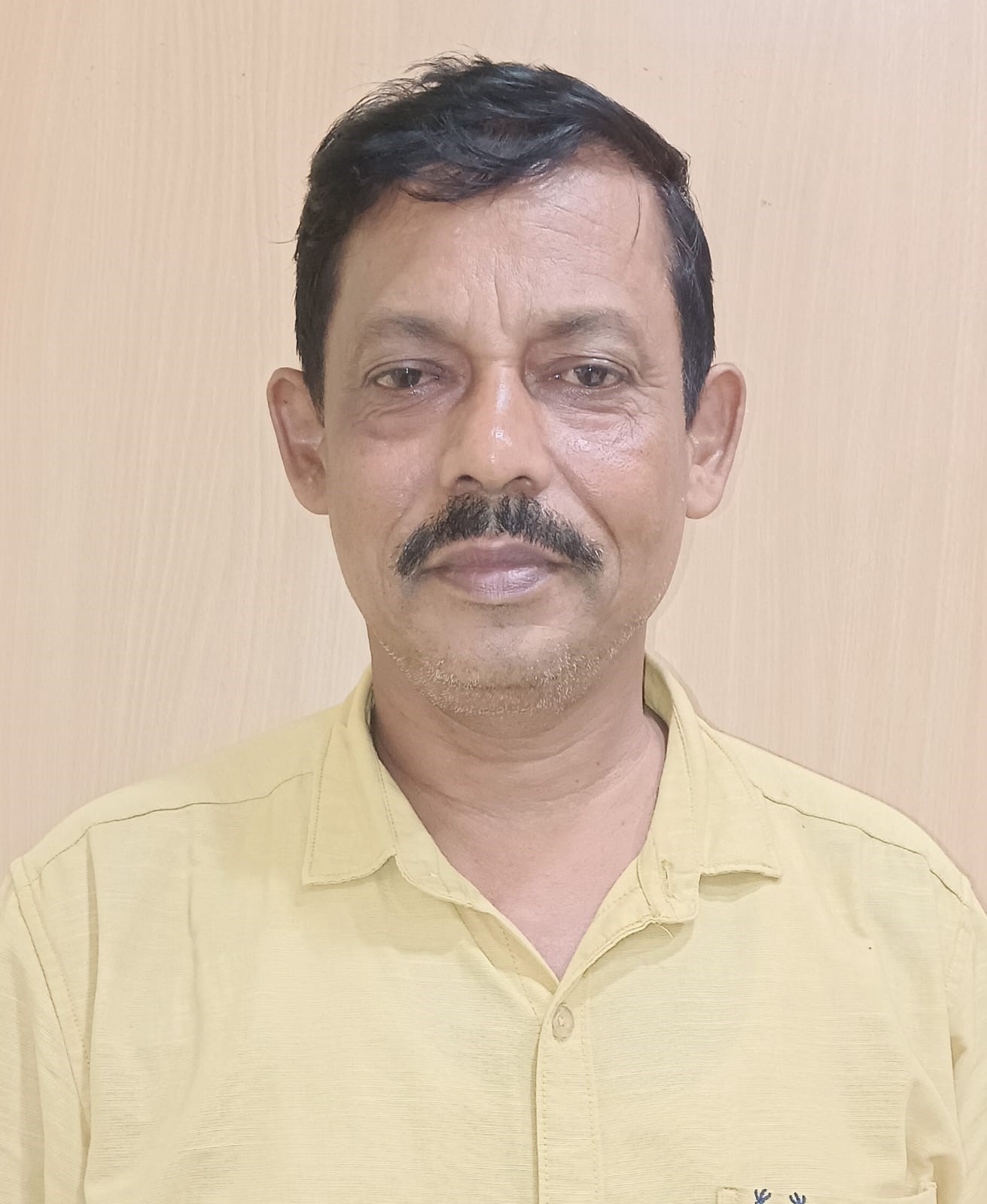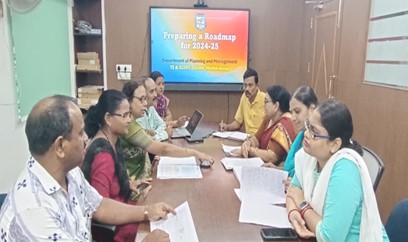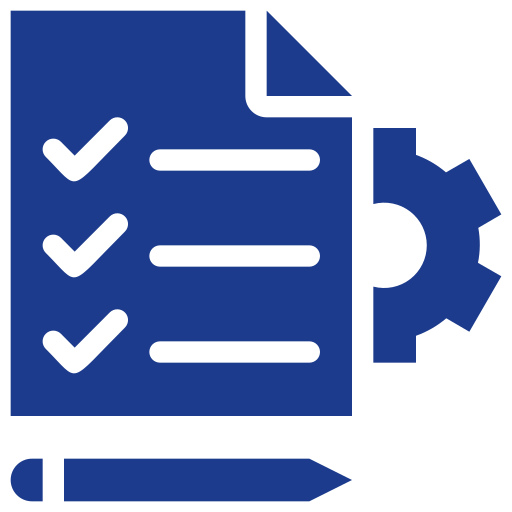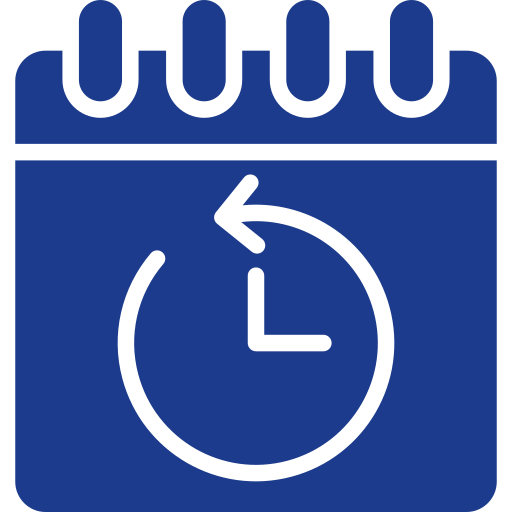-

Dr. Prasanna Kumara Sahoo
Assistant Director
About the Department
One of the major functions of SCERT is to plan and manage the educational activities in the state. To achieve this, the SCERT constantly innovates and uses state initiatives to ensure quality education in the state. The Department of Educational Planning and Management (P & M) is the nodal division to lead all programmes and activities like training, workshop, research, assessments and evaluation studies, and provide evidence-based inputs to OSEPA as well as Government of Odisha to improve all aspects of school education and teacher education in Odisha.


Vision and Objectives
- Formulation of state educational plans for long-term and short-term mandates.
- Management of programs related to the implementation of the universalization of objectives of primary education.
- Presentation and management of programs such as school complex, institutional evaluation etc.
- Planning training programs for teachers, teacher-educators, CRCCs,and other educational stakeholders as well as community youth and youth councils.
- Formulate guidelines for the implementation of projects to benefit the education planners, administrators, district education boards and general elementary education planners and the National Literacy Mission.
- Coordinate with the Leadership Motivation Community by designing training programs for Heads of Schools, Head of School Complexes, Block Level Educational Workers. Making plans for academic, administrative, financial and office behaviors. (Universal Primary Education) Training on preparation of institutional plans.
- Formulation of programs for educational development and effective implementation of programs.
- Preparation of database for educational planning within the district and monitor facilities in UEE/ULLAS (NILP).
Areas of Work
-
Preparation of Annual Workplan and Budget
-
Distribution of Programmes among different departments
-
Preparation and Execution of Annual Plan of Action
-
Preparation and Execution of Calendar of Activities of the TE & SCERT
-
Monitoring over-all Programmes and Activities of the TE & SCERT






